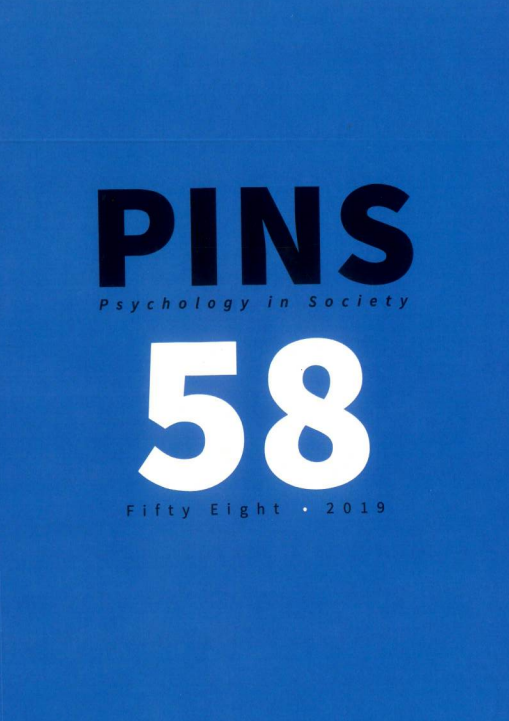Towards a Dialogical Decolonised Psychotherapy
DOI:
https://doi.org/10.57157/pins2019Vol58iss1a6052Keywords:
decolonization, apartheid, psychotherapy, dialogical, South Africa, liberation psychologyAbstract
In the following article I will argue for a new type of therapeutic approach which I have termed “dialogical decolonised psychotherapy”, which uses similar concepts that are the foundation of Freire’s Pedagogy of Freedom (2000) and Martín-Baró’s liberation psychology (1996), and applies them to contemporary psychotherapy in South Africa. This article focuses on the practice of psychotherapy in public and private settings. In line with this, the existing models of psychotherapy which utilise exclusively westernised frameworks by practising clinicians are regarded as potentially damaging to the therapeutic relationship in South Africa. I introduce “Therapy as Dialogical” and show how this approach is preferable in terms of building a genuine therapeutic relationship where all clients and psychotherapists are considered participants in creation.
Downloads
Downloads
Published
How to Cite
Issue
Section
License
This journal is an open access journal, and the authors' and journal should be properly acknowledged, when works are cited.
Authors may use the publishers version for teaching purposes, in books, theses, dissertations, conferences and conference papers.
A copy of the authors’ publishers version may also be hosted on the following websites:
- Non-commercial personal homepage or blog.
- Institutional webpage.
- Authors Institutional Repository.
The following notice should accompany such a posting on the website: “This is an electronic version of an article published in PINS, Volume XXX, number XXX, pages XXX–XXX”, DOI. Authors should also supply a hyperlink to the original paper or indicate where the original paper (http://www.journals.ac.za/index.php/pins) may be found.
Authors publishers version, affiliated with the Stellenbosch University will be automatically deposited in the University’s’ Institutional Repository SUNScholar.
Articles as a whole, may not be re-published with another journal.
The copyright of the article(s) lies with the author(s).
The copyright of the journal lies with PINS-psychology in Society.
The following license applies:
Attribution CC BY-NC-ND 4.0 - https://creativecommons.org/licenses/by-nc-nd/4.0/

